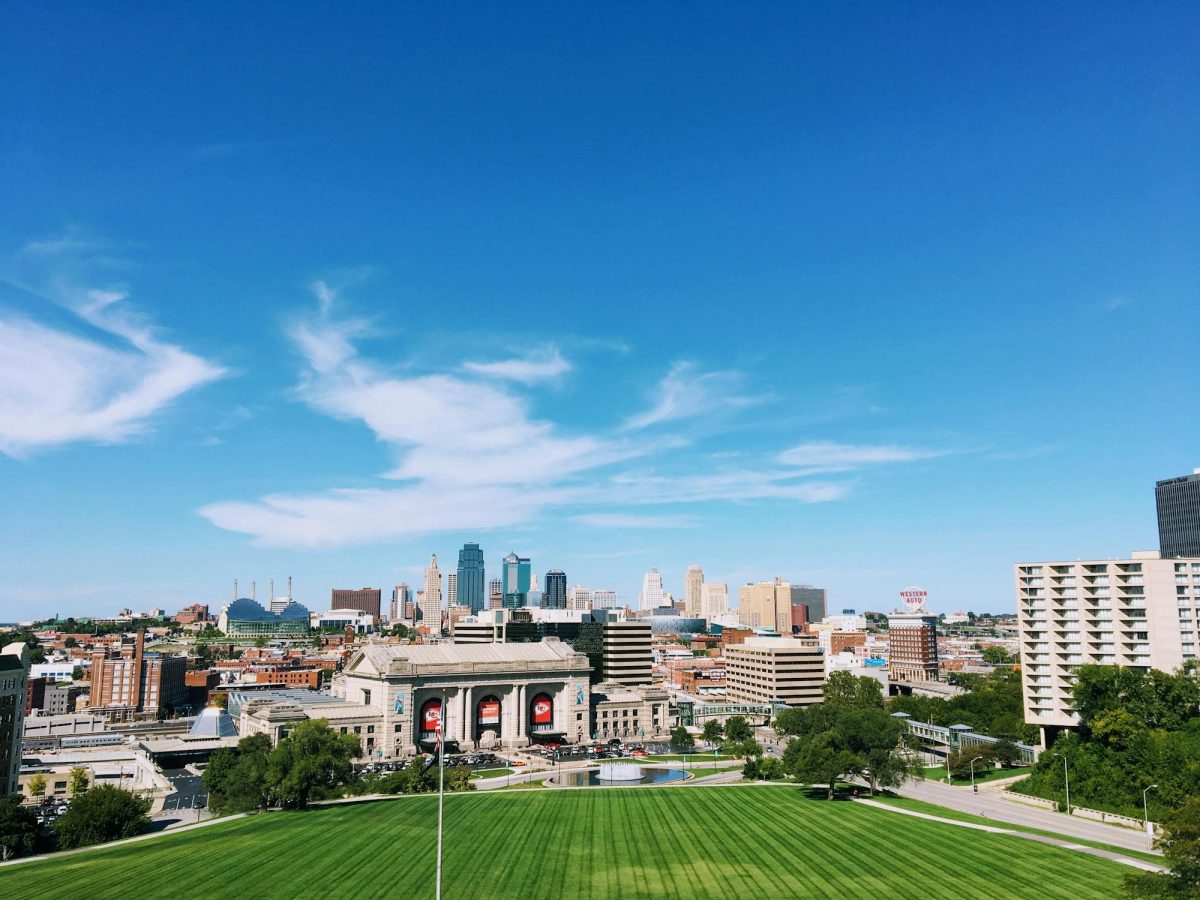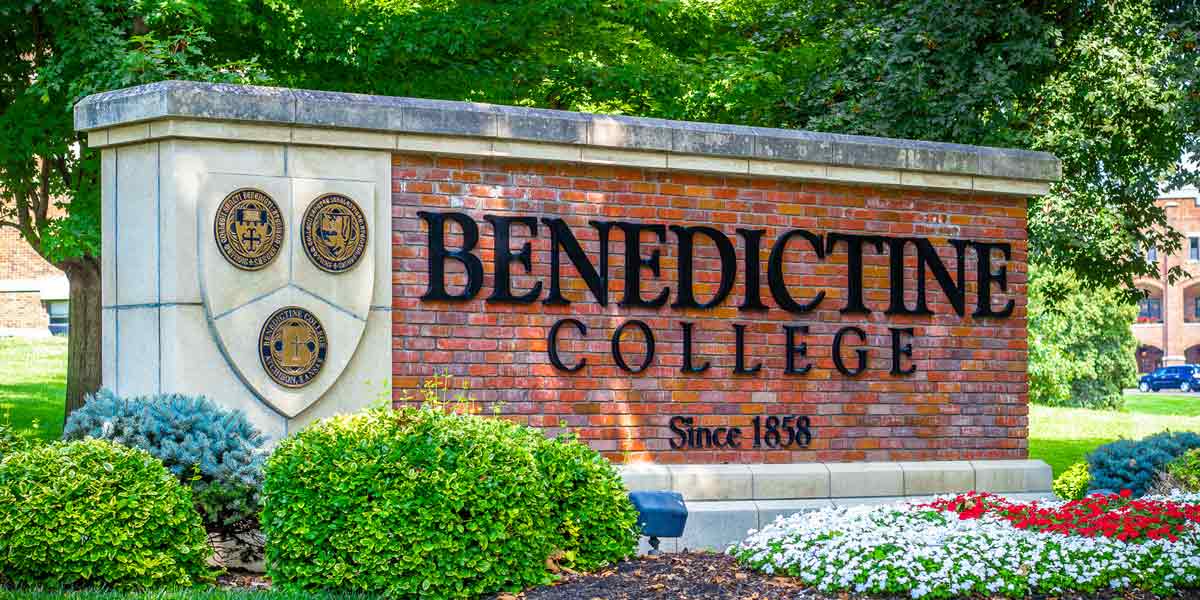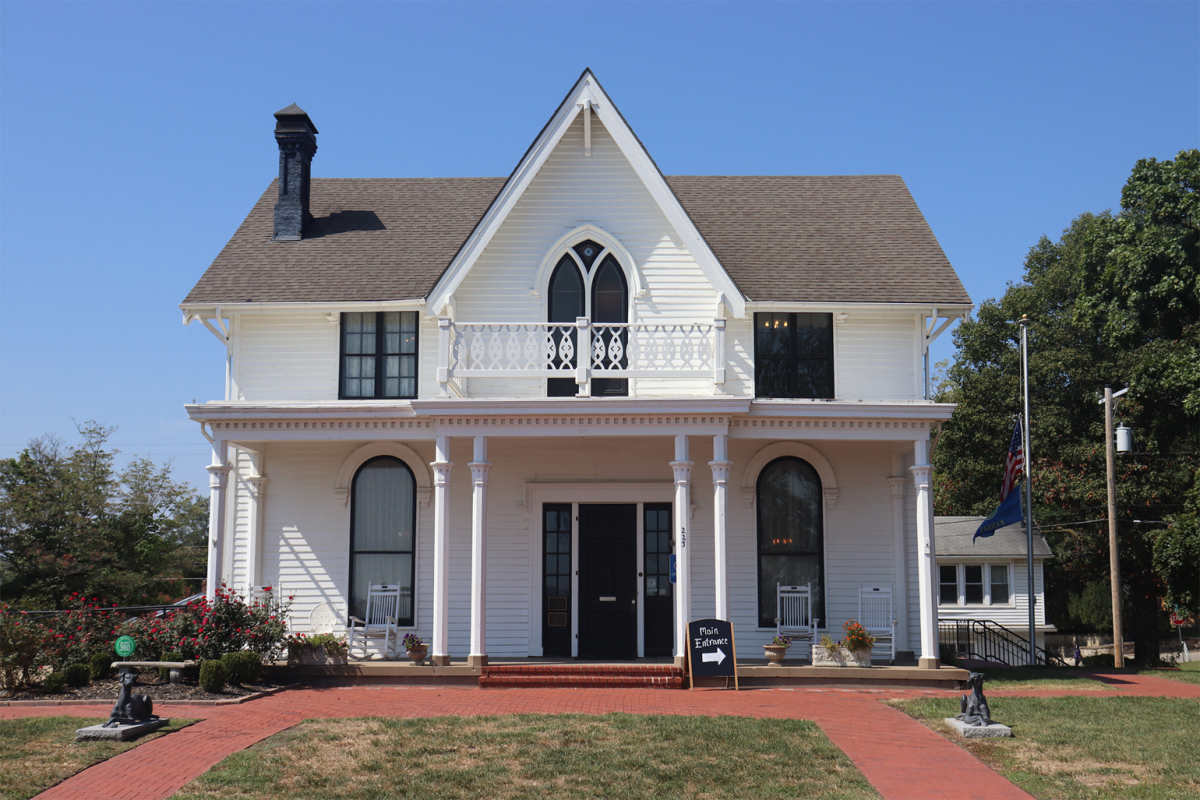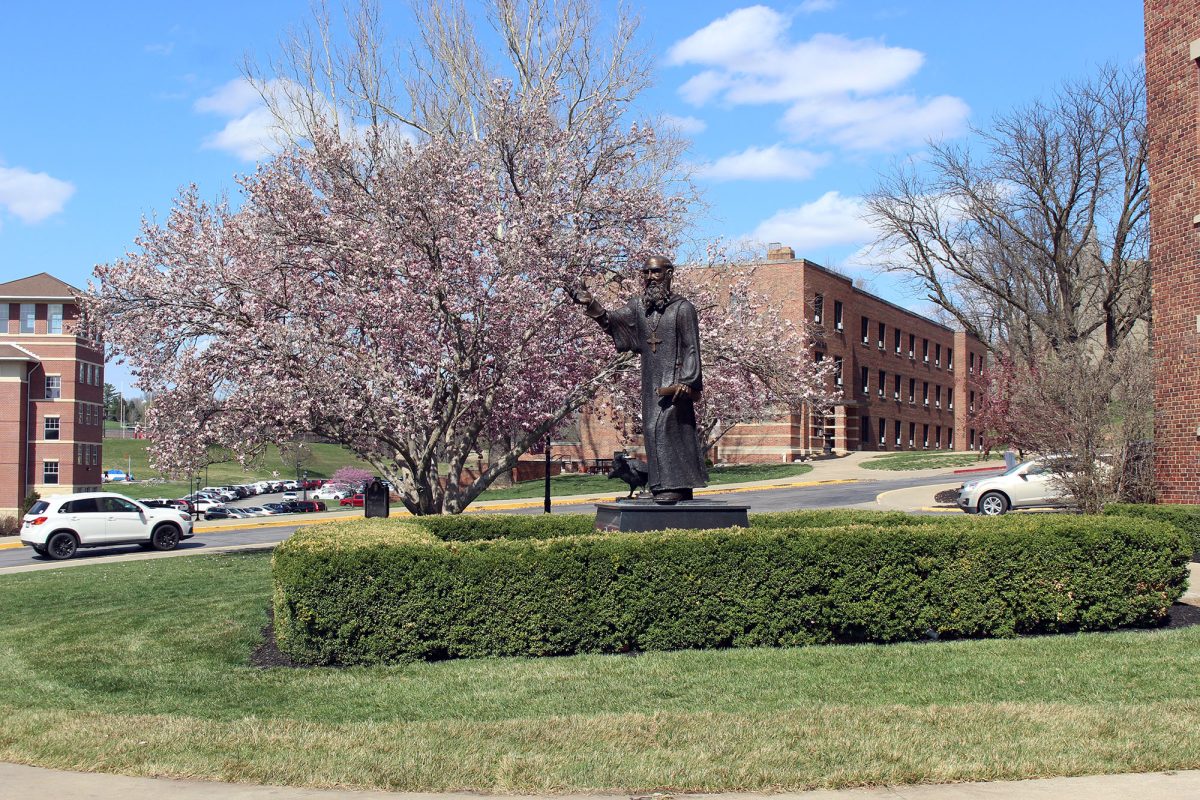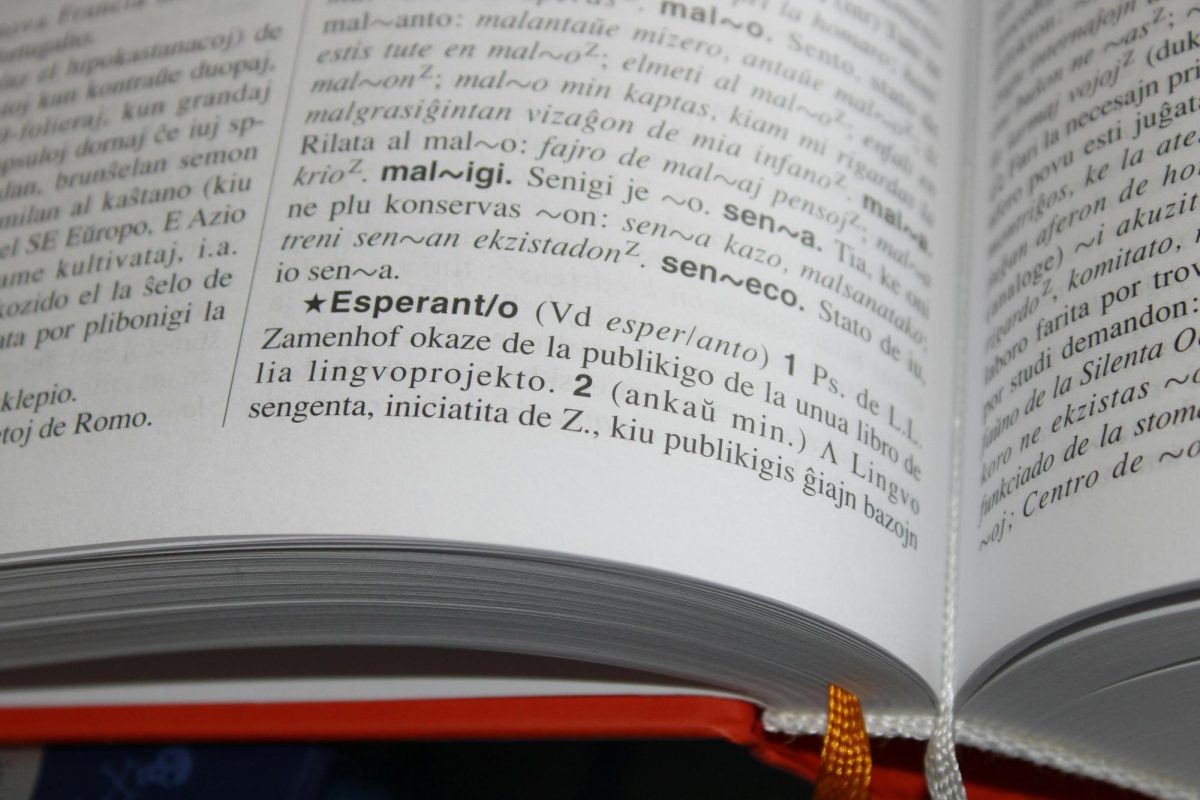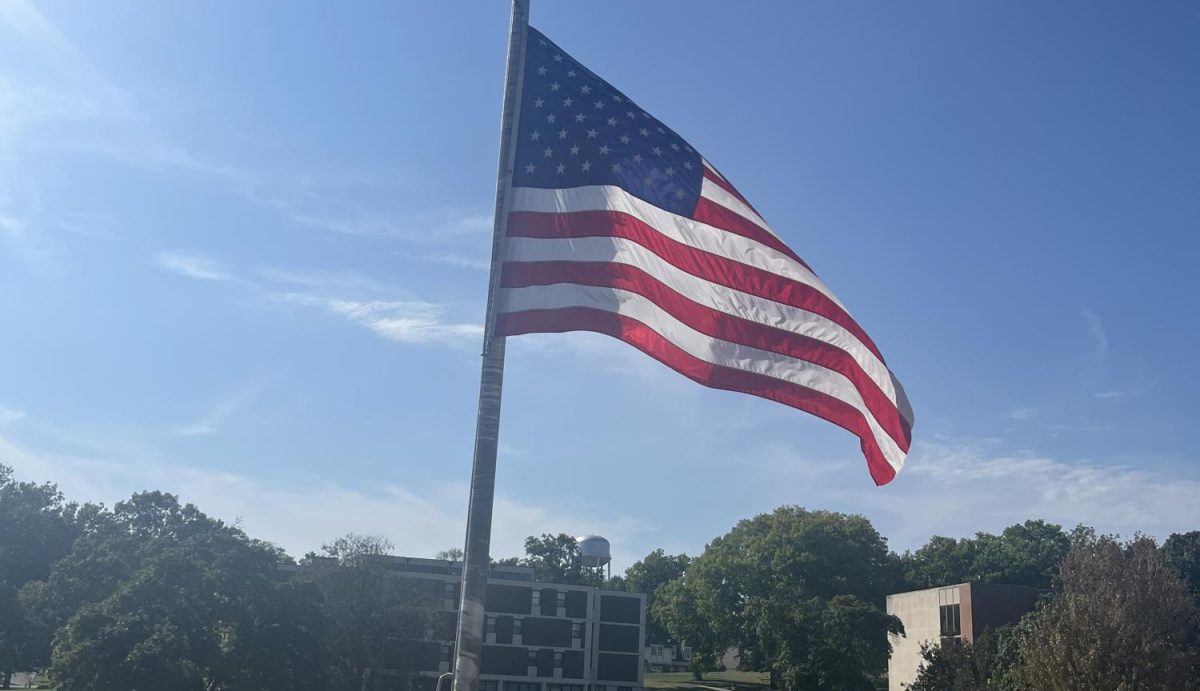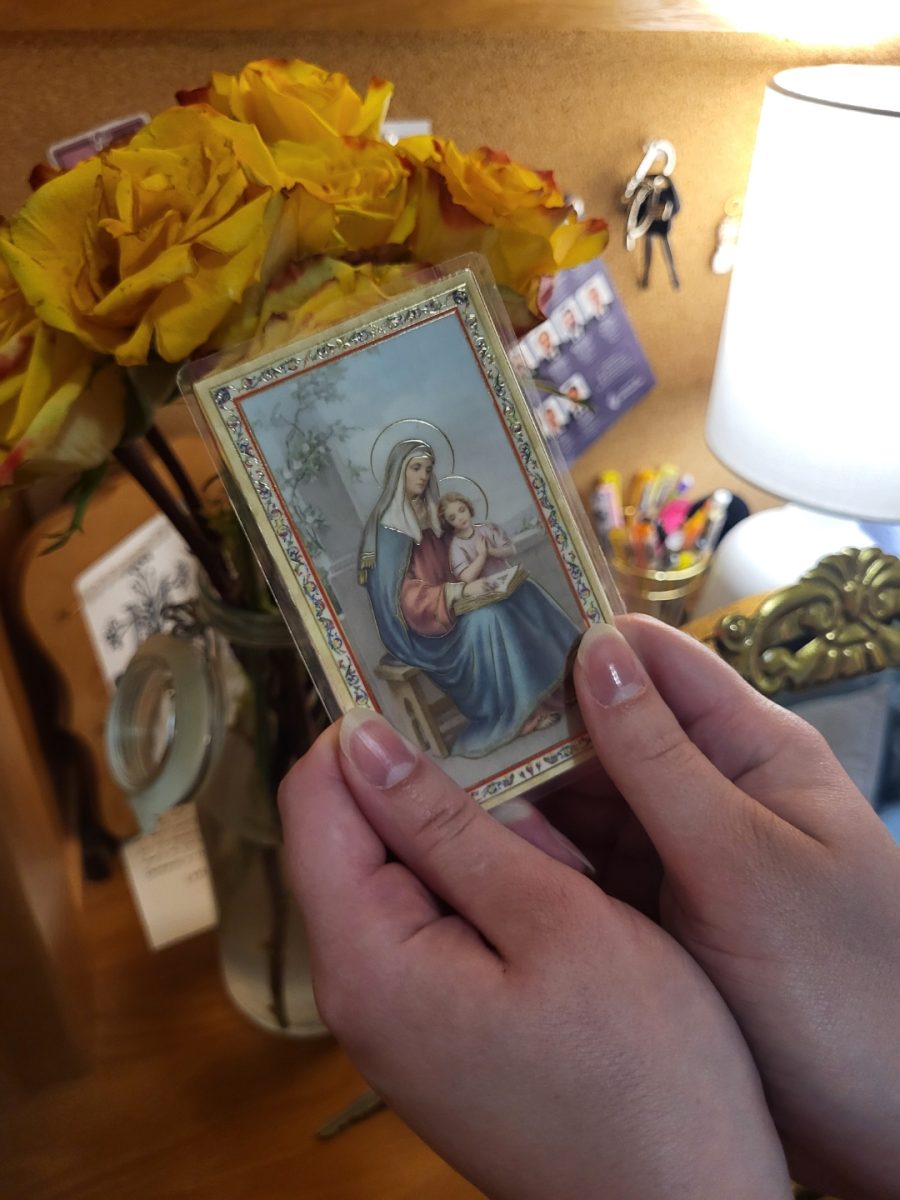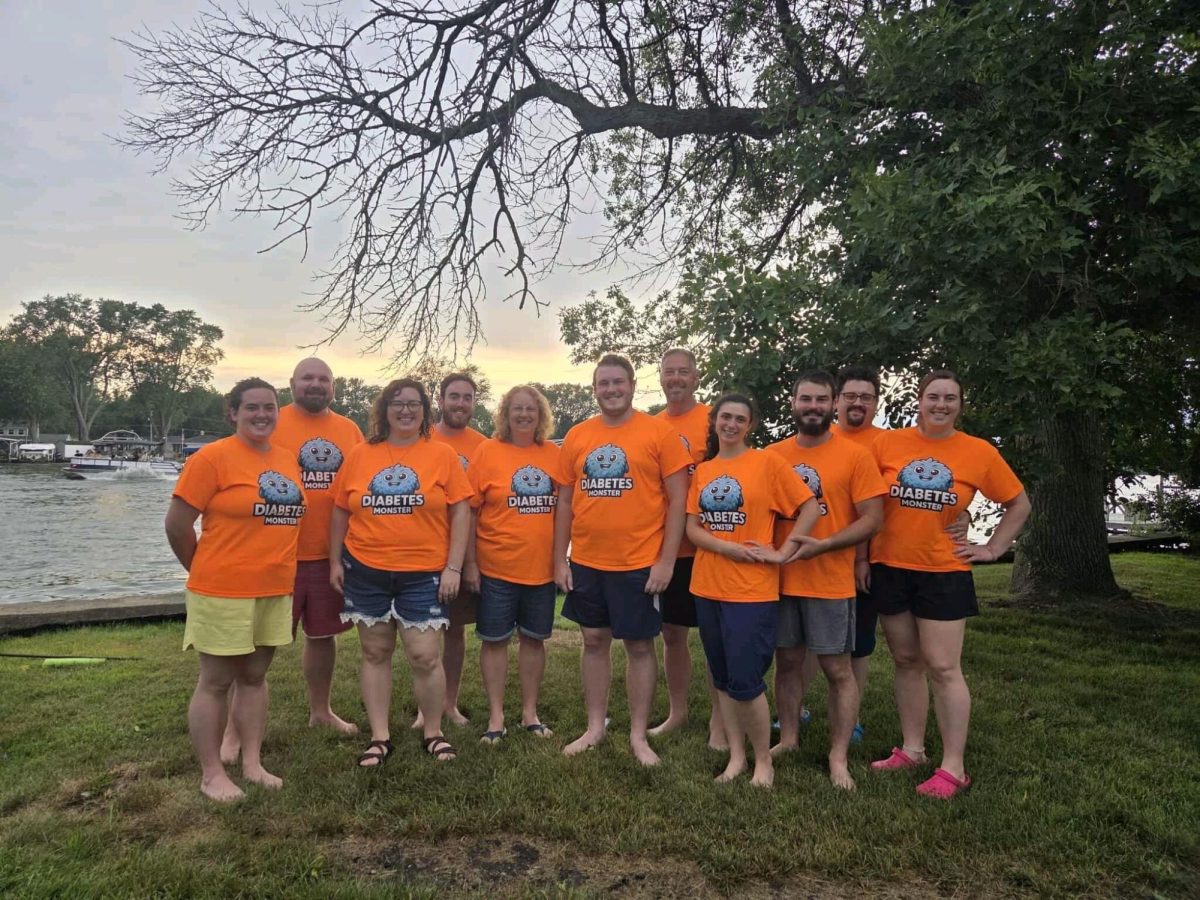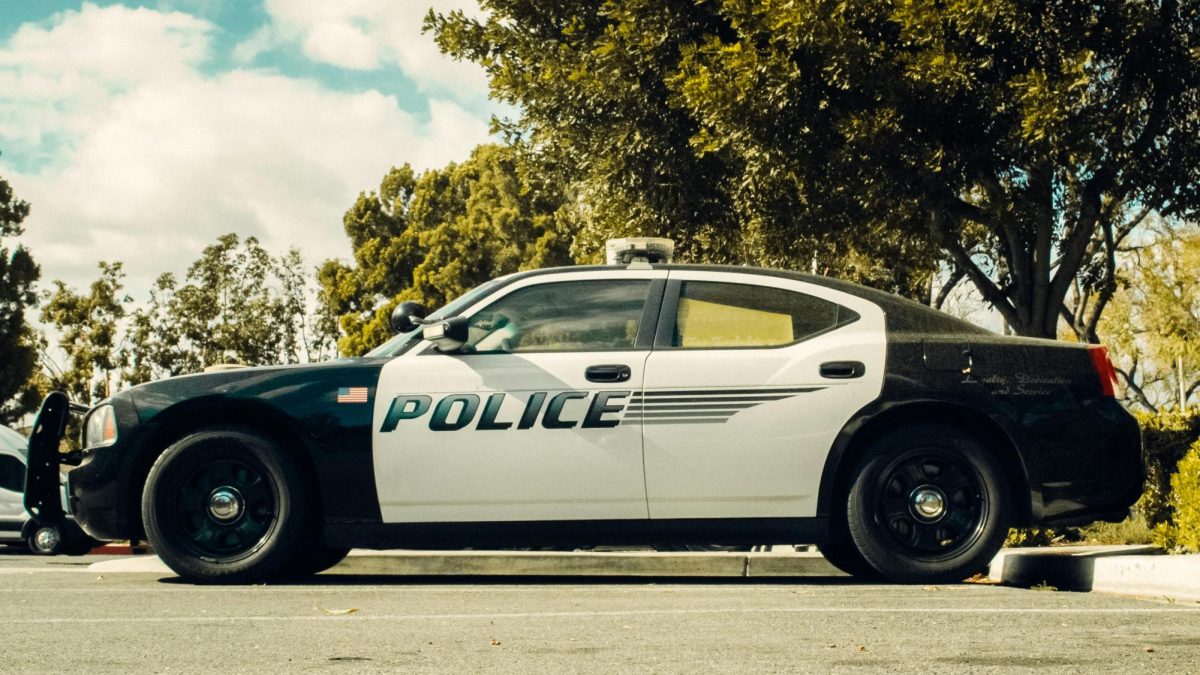Good afternoon, Ravens,
As many of you are aware, the Kansas Department of Health and Environment (KDHE) issued a boil water advisory on October 13, 2025, affecting portions of Atchison, Kansas. While the advisory has now been lifted, Benedictine College’s close proximity to the Missouri River raised understandable concern across campus.
For some of you, this may have been your first time experiencing a boil water order, so below is a short guide to help you understand what it means, the precautions to take, and what to do now that the order has been lifted.
What Is a Boil Water Order?
A boil water order is issued when public water systems may have been contaminated by bacteria, parasites, or other microorganisms. This can occur after low water pressure, line breaks, or equipment failure, which can allow untreated water to enter the system.
The order ensures residents take proper precautions while the water supply is tested and restored to safety standards.
What Is Turbidity and Why Does It Matter?
You may have noticed the term “turbidity” mentioned in KDHE’s advisories. Turbidity refers to how cloudy or murky the water looks due to particles like silt, clay, or organic matter suspended in it.
While turbidity itself doesn’t necessarily make water unsafe, high turbidity levels can shield harmful microorganisms—such as bacteria, viruses, and parasites—from the disinfectants used during treatment. In other words, when the water is too cloudy, chlorine and other sanitizing agents can’t work as effectively.
That’s why elevated turbidity readings often trigger a precautionary boil water advisory until the system clears and testing confirms the water is safe to drink again.
What To Do During a Boil Water Order
When a boil order is in effect:
● Bring tap water to a rolling boil for at least one minute before drinking, cooking, or brushing your teeth.
● Use bottled water for infants, immune-compromised individuals, and pets.
● Avoid using ice from automatic ice makers or any beverage made with unboiled tap water.
● Wash dishes only with boiled or bottled water or use a dishwasher with a sanitize/hot cycle.
Now That the Order Is Lifted
Once KDHE confirms the water supply is safe, residents should:
● Flush all faucets with cold water for at least five minutes.
● Discard and replace ice made during the advisory.
● Clean coffee makers, water dispensers, and refrigerator lines with fresh, safe water.
● Run your dishwasher empty on a hot cycle to ensure its fully sanitized.
Where to Find Updates
- For accurate and up-to-date information on water advisories, visit the Kansas Department of Health and Environment’s official website at www.kdhe.ks.gov.Local updates, including notices specific to Atchison, can also be found on local Atchison Facebook page sand through Benedictine College’s FYI email communications when applicable.


